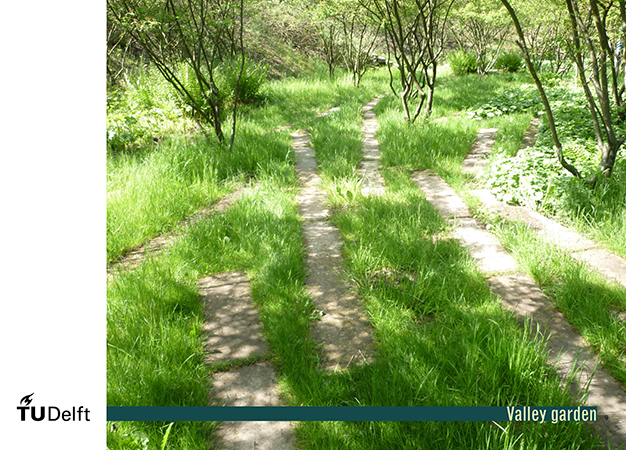eclas conference
landscapes of conflict
The yearly conference of the European Council of Landscape Architecture Schools was held at the University College Ghent, and had as its theme 'Landscapes of Conflict', spotlighting places, moments and methods where conflicting interests and issues meet and intensify each other.
In the session ‘human and nature’ I gave a talk on ‘supernature in the age of the anthropocene’ focusing on how we can only overcome the perceived boundary between men and nature if we can create immersive nature experiences. Addressing the proximate senses such as smell and touch reduces the physical distance between us and nature to zero, and nature as the object of appreciation dissolves as a separate and distant ‘thing’ and becomes inextricably intermingled with the perceiver.
In a globalised world under pressure of climate change, nature remains at the centre of societal concerns and the appreciation of nature by urban communities presents a critical challenge for the landscape architecture agenda. But nature is a dynamic concept, transforming in accordance with societal changes. We now live in what can be called the Anthropocene, and this far-reaching influence of man on natural processes should result in a revised vision of the concept of nature. A reading of the Wasserkrater Garden (Agence Ter 1997, Bad Oeynhausen,DE) will illustrate such a new understanding of nature: as a force of abundance, showing existence to its full extent in which humans are only a small part, and at the same time something close to home, incorporated in our daily environment. Merging an architectural and an ecological view, this understanding of “supernature” brings together the natural and the artificial. The premise that we somehow stand outside (or apart from) nature no longer holds true.
